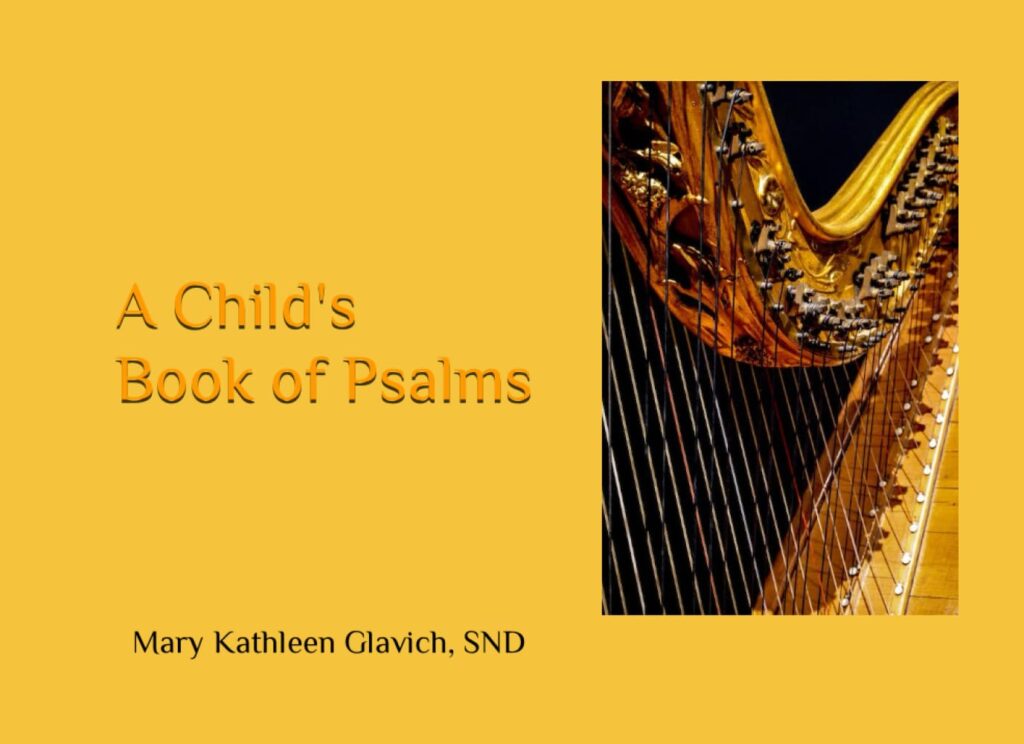
go by without savoring it!
Recently a friend said that mindfulness is helping her through a grieving process. Mindfulness is living fully aware of the present moment: who we are, what are we feeling, and what is happening right now. Rooted in Buddhism, mindfulness is gaining in popularity today.
Often we dwell on things of the past. Remembering and cherishing good memories are positive acts. On the other hand, focusing on past failures, regretting bad decisions, recalling slights and harm down to you by others only serve to bring on a case of depression. It is not healthy to be stuck in the past, which is over and done and cannot be changed. Some of our expressions reflect this fact: It’s water under the bridge. Don’t cry over spilled milk. Let bygones be bygones.
Opposite of being wrapped up in the past and just as distracting is concentrating on the future. Yes, it is good to plan ahead, to be proactive, but we may be tempted to pin all our hopes to what’s coming and ignore today. For example, thinking of an upcoming vacation in Florida—the sun, the rest, the freedom—and be impervious to the beauty of the autumn leaves surrounding us now. Or worse, we might be imagining misfortunes that might occur and be fearful: what if I cause a car accident? what if I get the flu and can’t attend a wedding? what will I be like in thirty years? For good reason, we pray at Mass that God deliver us from anxiety.
You may remember James Thurber’s short story “The Secret Life of Walter Mitty.” This character was constantly daydreaming, imagining himself a hero in his fantasies. In the meantime he was missing out on real life. That was a shame for him and would be for us. The past no longer exists, and the future doesn’t exist yet. Only the present is real.
Three hundred years ago the Jesuit Caussade introduced the concept of the sacrament of the present moment. God gave us each moment, and we can realize his presence with us in that precious time. Stewing over the past isn’t necessary when we are aware of God’s love. Dreading the future is dispelled when we remember that we are in God’s hands. Such Christian mindfulness brings about peace.
So how do we practice mindfulness? How do we relish the fact that we are alive here and now? Some people simply stop what they are doing and pay attention to their breathing. They take deep breaths and become aware of the air passing in and out of them. Another technique is to reflect on what each sense is presently experiencing. What are you seeing? What are you hearing? What are you feeling?
Here is one way to practice mindfulness: It is easy to eat meals mindlessly and quickly. How much healthier and enjoyable it would be to be attuned to the taste of each food, savoring its sweetness, tartness, or spiciness. Pay attention to what it looks like—its color and texture—and how it feels as you chew it. Is it crunchy or tough?

It’s said that the present is a present. If so, why not open it?
Another friend has a mindfulness button on her watch. Periodically it alerts her to stop and gaze at a geometric design that expands. Mindfulness apps are readily available nowadays.
How do you practice mindfulness?







